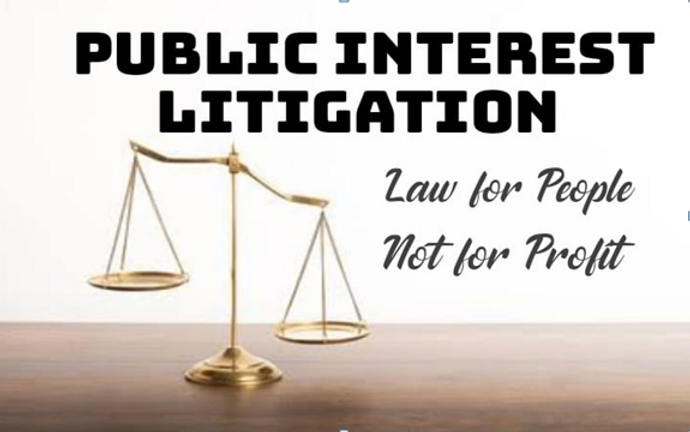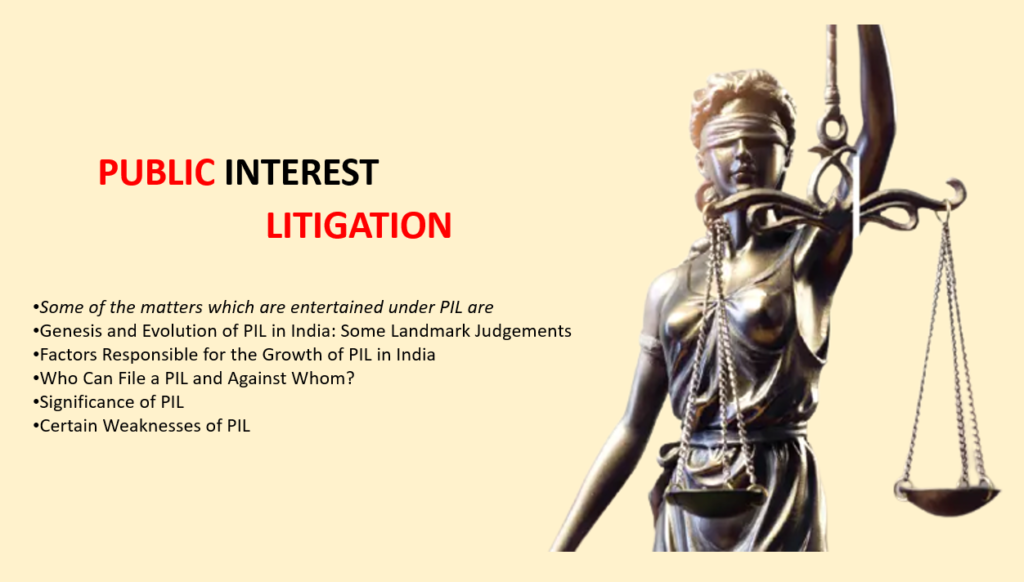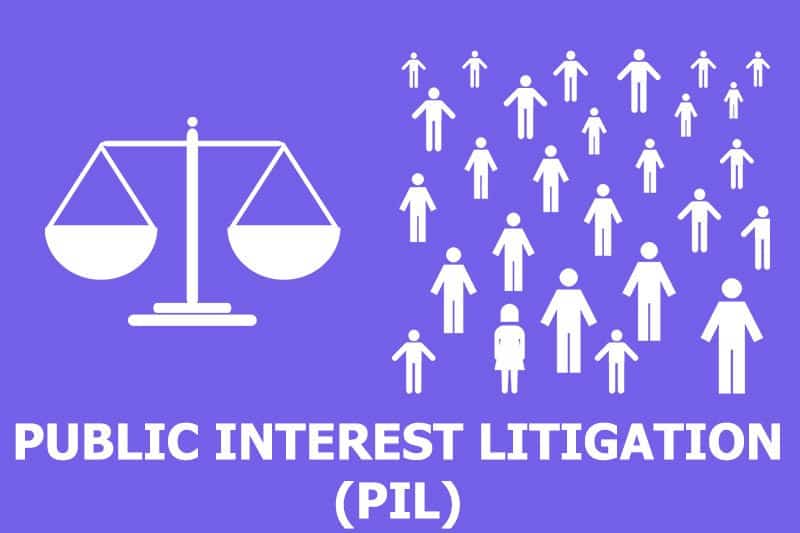The Karnataka High Court has taken a bold and emotional position—asserting the importance of political autonomy by dismissing a Public Interest Litigation (PIL) seeking the continuation of the National Education Policy (NEP 2020) in the state. Petitioners, Bengaluru-based advocates Girish Bharadwaj and R. Ananda Murthy, challenged the October 11, 2023 decision of the Congress-led state government to form a committee to draft a State Education Policy (SEP), claiming it undermined NEP 2020, previously introduced by the BJP government and adopted in Karnataka in 2021.
However, on August 13, 2025, a division bench comprising Chief Justice Vibhu Bakhru and Justice Ramachandra D. Huddar firmly dismissed the PIL, noting that policy-making lies squarely within the legislative and executive domains—not the courts’ purview. The bench underlined that judicial intervention is appropriate only if there is a demonstrable violation of statutory or fundamental rights, which the petition failed to establish.
At the heart of the petitioners’ case was the concern that abruptly withdrawing NEP 2020 would sow confusion among students, parents, educational institutions, and universities—all of whom had begun aligning their systems with the policy since its state-level implementation in the 2021–22 academic year. They argued that the state’s replacement of NEP with SEP lacked transparency and adequate stakeholder representation, especially in the new policy-making committee. However, the court held that educational policy decisions—even those with systemic impact—are not within the jurisdiction of judicial review unless constitutional or legal norms are breached.
This ruling carries a sentimental reminder: while education shapes the nation’s future, the courts cannot become substitutes for governance. In dismissing the PIL, the High Court reaffirmed the constitutional principle of separation of powers, highlighting that preserving institutional boundaries is as crucial as safeguarding citizens’ rights. The message is clear—policy course corrections belong in the legislative realm, subject to democratic accountability, not judicial correction.
The Karnataka High Court’s dismissal of the PIL seeking continuation of NEP 2020 has generated significant discussion across educational and policy circles. Many experts view it as a strong affirmation of the principle that policymaking falls primarily within the executive and legislative domains. The court’s ruling reinforces that while citizens have the right to expect transparency and accountability, courts cannot dictate the content or continuity of state policy unless there is a clear violation of law or constitutional provision. This distinction between legality and policy preference is crucial for maintaining democratic governance.
For educational institutions in Karnataka, the ruling brings both clarity and uncertainty. While they are no longer legally bound to continue NEP 2020 directives, they must now adapt to the State Education Policy (SEP) being formulated. Administrators, principals, and teachers will need to stay informed about the new guidelines, curricula adjustments, and implementation timelines. The shift requires careful planning to avoid disruption in ongoing academic programs, student assessments, and administrative procedures, particularly in higher education institutions that had already begun aligning with NEP standards.
The political dimension of the ruling cannot be overlooked. The dismissal of the PIL allows the state government to proceed with drafting its SEP without judicial interference, giving it the autonomy to incorporate regional priorities, language policies, and resource allocations. However, this autonomy comes with heightened expectations from stakeholders who demand transparency and inclusivity in policy formulation. Public consultations, expert committees, and feedback mechanisms will be closely watched to ensure that the new policy addresses local needs while maintaining educational standards.
Teachers’ unions and academic associations have welcomed the clarity provided by the High Court. Many had been concerned that ongoing debates about NEP 2020’s continuity could delay curriculum planning and training programs. With the court emphasizing the separation of powers, these groups can now focus on preparing educators for the SEP and ensuring that students experience minimal disruption in academic delivery. At the same time, unions are advocating for consultations in key policy areas to ensure that teacher perspectives are considered.
Parents and students have also expressed mixed reactions. While some view the dismissal as a necessary step to allow localized policy decisions, others are concerned about potential inconsistencies between NEP 2020 and the SEP. Families who had already planned academic and career pathways under NEP guidelines may face transitional challenges, highlighting the importance of effective communication from schools and government authorities about upcoming changes and their implications.

The Legal Principle—Courts and Policy Autonomy
The High Court’s decision underscores a core legal doctrine: courts must refrain from encroaching upon matters of policy. The bench noted that Article 226 of the Constitution allows judicial review, but only where rights—statutory or fundamental—are violated. Since NEP 2020’s withdrawal did not breach any legal guarantee, the petition was deemed unsuitable for adjudication. Essentially, courts are guardians of legality, not administrators of policy preferences.
This restraint aligns with previous judicial precedents where courts declined to entertain PILs challenging executive or legislative policy choices—unless fundamental rights were at stake. By reaffirming this boundary, the High Court has preserved democratic norms, ensuring that policy formation remains accountable to elected representatives and stakeholders.
Moreover, the imposition of costs serves a dual function: it compensates the petitioners for unnecessary litigation and signals that the courts will not entertain claims lacking legal basis. This strengthens institutional expectations that judicial remedies are reserved for genuine violations, reinforcing public confidence in the legal system while maintaining policy autonomy.
The dismissal of the PIL also highlights the evolving role of civil society in educational debates. While judicial avenues may have limitations, stakeholders such as parent-teacher associations, student bodies, and NGOs can play a proactive role in shaping policy discussions. By participating in public consultations, submitting feedback, and advocating for inclusive measures, these groups can influence the SEP without relying on legal interventions, ensuring that the policy reflects broader societal needs.
Another significant implication lies in curriculum adaptation. Schools and universities that had aligned teaching plans, assessments, and teacher training with NEP 2020 must now re-evaluate their frameworks to comply with the upcoming State Education Policy. This transitional period requires careful planning, professional development, and continuous communication to avoid confusion among educators and learners, especially in rural and semi-urban areas where resources and access to updates may be limited.
Finally, the ruling underscores the broader principle of policy fluidity in a democratic system. Educational frameworks like NEP 2020 are designed to provide guidance, but states retain the authority to tailor these policies according to local contexts. Karnataka’s experience demonstrates that while national policies offer structure, state governments must balance standardization with regional priorities, and that the judiciary’s role is to ensure legality, not dictate policy continuity. This approach reinforces both federalism and accountability in educational governance.

Implications for Education Policy and Public Discourse
Though the court halted the PIL, policymakers and stakeholders shouldn’t view this as a green light for unilateral policy shifts. The judgment emphasizes the need for transparent, inclusive policymaking—especially in education, which directly affects millions. Public sentiment, institutional preparedness, and stakeholder alignment remain vital for any policy transition. Decisions made in haste risk confusion and alienation, even if legally valid.
In dismissing the PIL seeking continuation of NEP 2020, the Karnataka High Court has reaffirmed the sanctity of democratic governance and institutional authority. The court’s decision is both a legal affirmation and a call for policy maturity: educational transformations must stem from inclusive processes, not judicial direction.
Moving forward, it falls upon the state government to ensure that the shift to a State Education Policy is handled with clarity, consensus, and responsiveness to stakeholder concerns. In a domain as foundational as education, legal correctness must be matched by public consent and effective implementation. Let this judgment serve as a reminder that while courts safeguard rights, the shaping of collective futures ultimately lies in the hands of lawmakers and the governed—not the bench.
The ruling may influence how future PILs concerning educational policy are approached. Legal experts suggest that the decision sets a precedent where courts are unlikely to intervene in matters of policy continuity unless clear legal rights are threatened. This could discourage litigation aimed solely at preserving or reinstating policies and encourage petitioners to focus on procedural fairness, compliance, and constitutional protections rather than policy content.
From a governance perspective, the judgment underscores the need for robust institutional mechanisms to ensure policy accountability. While courts will not dictate policy choices, governments remain answerable to citizens through legislative scrutiny, audits, and public consultations. Effective monitoring and transparent communication strategies will be essential to maintain public trust as the SEP is rolled out across Karnataka’s diverse educational institutions.
The High Court’s stance also emphasizes the importance of inclusivity in educational policymaking. Regional, linguistic, and socio-economic considerations are likely to play a more prominent role in the SEP compared to NEP 2020, which was a nationwide framework. This localized approach, while legally permissible, requires careful stakeholder engagement to balance regional autonomy with national educational standards and learning outcomes.

Academics and policy analysts are closely monitoring the SEP drafting process to evaluate how Karnataka integrates NEP 2020 elements into its state-specific framework. The dismissal of the PIL removes legal hurdles but increases the responsibility of the government to demonstrate that its policy decisions are evidence-based, equitable, and aligned with best practices in pedagogy and assessment. Public reporting on the drafting process may help build credibility and preempt potential criticism.
Finally, the court’s ruling serves as a reminder of the delicate balance between judicial oversight and democratic governance. While citizens have legitimate interests in educational policy, courts have limited authority to enforce policy content. Karnataka’s experience may inform similar cases in other states, emphasizing that education reforms require collaborative governance, inclusive decision-making, and transparent execution rather than judicial enforcement. The emphasis remains on balancing citizen expectations with institutional autonomy to achieve effective and sustainable educational outcomes.
Follow: Karnataka Government
Also read: Home | Channel 6 Network – Latest News, Breaking Updates: Politics, Business, Tech & More

